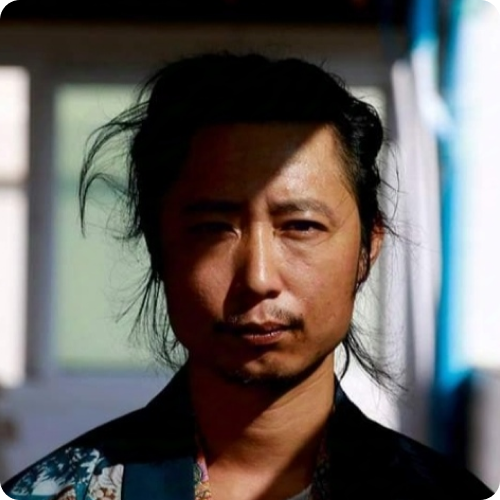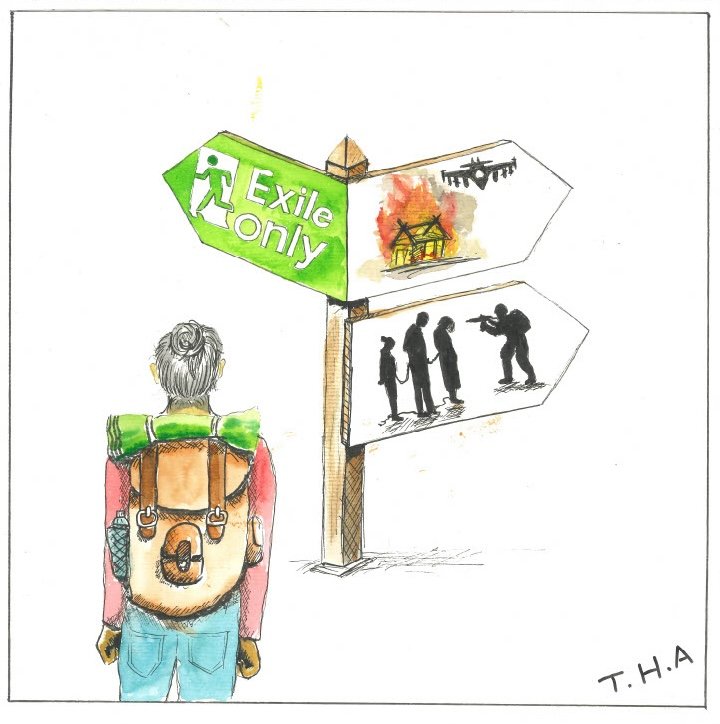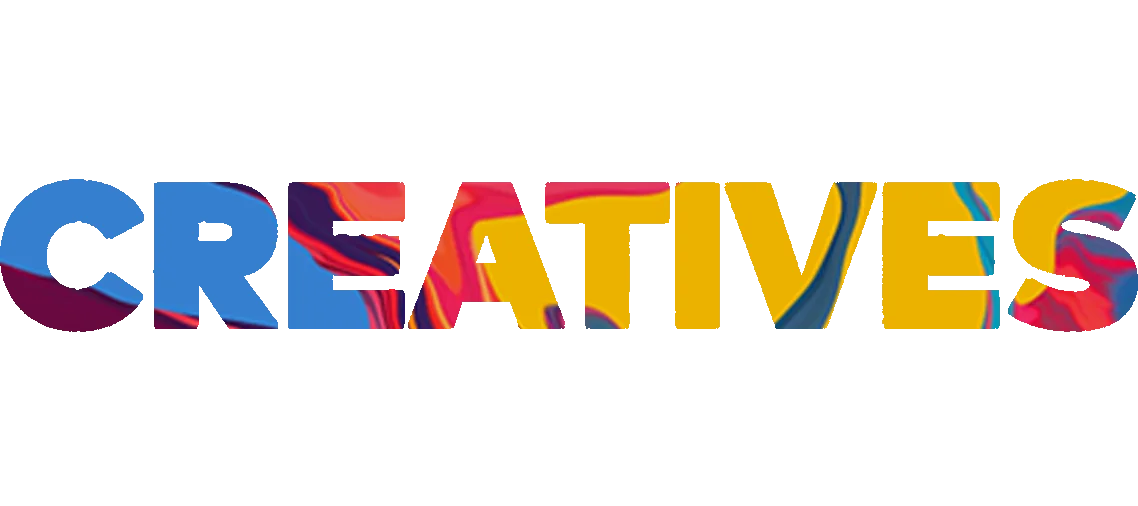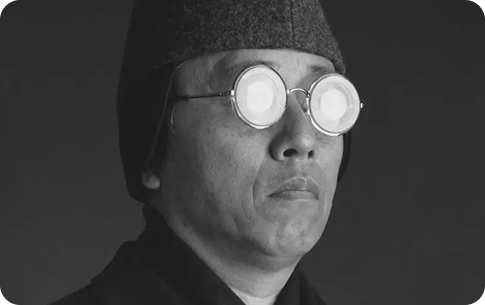
“
Exile is not a choice, it is a chance but also a pain and a challenge.”
- Thiha
Thiha, a self-taught artist from Myanmar living as a refugee in France, puts his feelings into their creations. He mainly conveys this emotional, artistic ability through painting and cartoons.
“It took me a long time to call myself an artist. For as long as I can remember I always created with whatever I had, but it wasn’t seen positively by the people around me. I became confident enough to call myself an artist when I had the opportunity to create in some public spaces and started to get good feedback,” he told us. “For my family, creating couldn’t be a job... I am from a poor family, and art for them is something non-essential, what matters is what brings food and shelter”
Thiha left school in grade 5 to find work and help feed his family; as such there was no time for creating and drawing. “I still dreamed about art and which drawing or painting I could do. My childhood wasn’t happy but by working I got the opportunity to free myself from traditional family pressure. After I gave my share of the money, I could buy paper, pen, and sometimes colors with the money left,” he said.
For Thiha the internet was an invaluable resource that allowed him to educate himself and improve his English as there was little content online in his home language. “Now when I look back, I have no regrets about my education; I would not be the person I am if I had followed formal education.”
Civic space in Myanmar is closed, with civic society organizations raising concerns about the torture and killing of political prisoners and the harassment of journalists and activists. Thiha shares that before the coup in Myanmar in 2021, which deepened repression, his art wasn’t particularly political, however, this changed.
“I was questioning some rules of Myanmar society. I didn’t care about the bad remarks from the people, I hoped one day they would understand it. With the coup and repression of the revolution, my art changed but so did the place of art in Myanmar’s society. It became a way to express and show the world the voice of the many that cannot speak out.”
He added: “When I was still in Myanmar, with the repression, I had to stop political art and hide my last one in a safe place. I hope one day I can show it. I started making donations to support activists, even though this was dangerous, some were put in jail for donations supporting the people in the revolution. I wanted to stay, but people close to me got arrested, so I had to leave the country.”
“Since then, I look for a way to speak out, in paint and press cartoons. Press cartoons allow me to show a clearer message than painting. It is faster to create, yet so much more difficult for me to make! It is not just about the feeling I put in the creation, but about how to get people to understand the message in a more light and simple style than paint. It pushes me to develop my critical thinking.”
For the Emerging Creatives Program Thiha created a piece that looks at the experiences of refugees and exiles.
“It is based on situations I experience, but I think they will speak to many other refugees. We are in between two worlds; we lost our own, but we do not yet belong to the one we are in now. Our existence and activities are limited to our status and administrative process, yet we are the lucky ones compared to so many others who face danger every day at home. Exile is not a choice, it is a chance but also a pain and a challenge. When I was in Myanmar, I saw my people struggle and grow up in a place mainly closed off to the rest of the world. I was forced out, but it also opened my mind to the rest of the world. I hope this cartoon speaks to many, not just from Myanmar.”
THIHA'S WORK


Global Citizen’s Emerging Creatives Program provides a platform for emerging creatives in the Global South that are highlighting the need for open civic space worldwide. Through their art, they call for change, shine a light on social injustices, and advocate for the advancement of the Global Goals.
MEET THE MENTOR
Rakaya Esime Fetuga
POET
South African-born Simphiwe Molefe, uses his photography to show the impacts of energy issues in the country. His collection of images titled, Impilo Iyaqhubeka, translates to mean “life goes on” in isiZulu and looks at how every day members of his community cope with South Africa’s ongoing power crisis.
In 2023, South Africa’s civic space rating was downgraded from “narrowed,” to “obstructed” — the third worst rating a country can have. That’s why Molefe believes creatives like himself have a role to play in highlighting the effects of the failure of basic services such as the power crisis in South Africa.
